Sleep Disorders
At Neurology & Pain Management Center, we help patients identify and manage a wide range of sleep disorders, including insomnia, sleep apnea, restless leg syndrome, and narcolepsy. Sleep issues can affect your focus, mood, and overall health. Our team uses advanced diagnostic tools and evidence-based treatments to improve sleep quality and restore daily function. If you’re struggling with disrupted sleep, we’re here to help you find lasting relief.
Trusted Sleep Disorders Service Backed by Clinical Expertise
We provide trusted sleep disorders services backed by clinical expertise and thorough medical evaluation. We diagnose and treat a wide range of conditions, including Sleep Apnea, Insomnia, Narcolepsy, Restless Leg Syndrome and Nocturnal Bruxism. Using evidence-based tools and sleep studies, we identify the root causes affecting your rest. Our goal is to improve sleep quality and support your overall health and daily function.
Each patient receives a personalized treatment plan that addresses their specific sleep challenges and health history. Whether you’re struggling with daytime fatigue, difficulty falling asleep, or irregular sleep cycles, our team is here to help. We work step-by-step through accurate diagnosis, management, and follow-up care. With professional support and medical guidance, lasting relief and healthier sleep are possible.
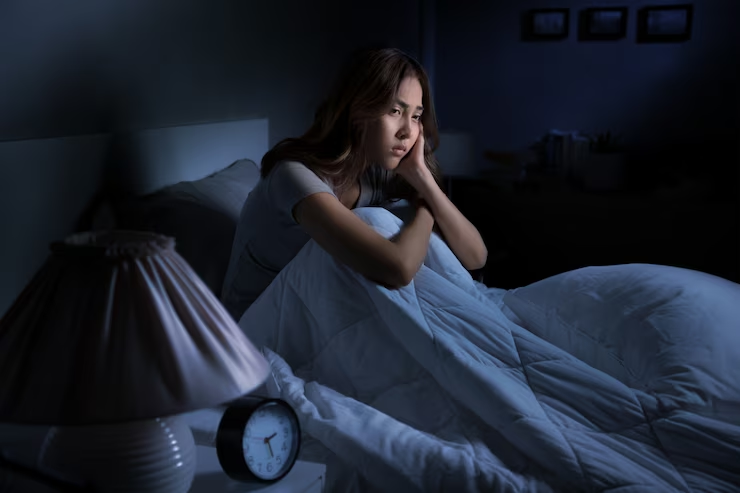
Our Sleep Disorders Services
Our sleep disorders services are focused on helping individuals achieve consistent, restful sleep. We use clinical methods to assess, diagnose, and manage a variety of sleep-related concerns.
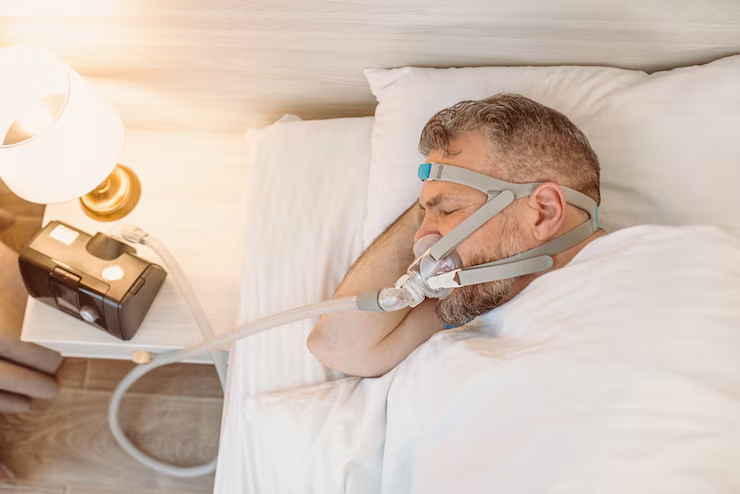
Sleep Apnea
Sleep apnea is a condition where breathing repeatedly stops and starts during sleep. It can cause loud snoring and daytime tiredness. We help diagnose it through sleep studies and offer treatments to improve breathing at night. Managing sleep apnea can reduce health risks like heart problems and enhance overall rest.
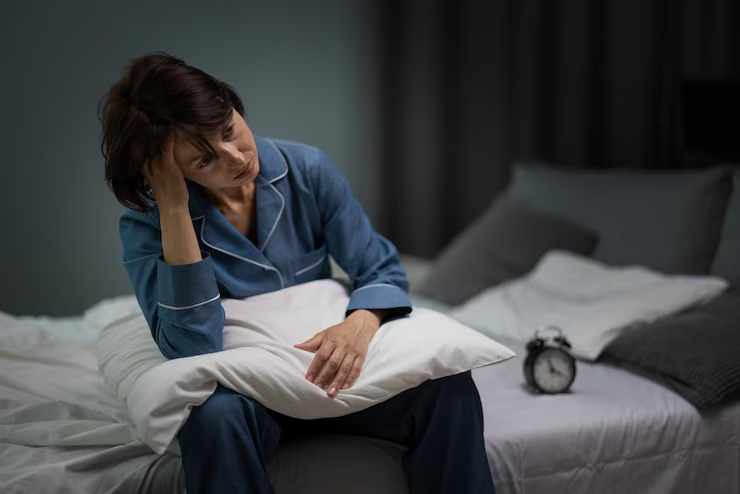
Insomnia
Insomnia is the difficulty in falling asleep or staying asleep through the night. It often leads to fatigue and trouble concentrating during the day. We assess the causes, which may include stress or medical conditions, and provide strategies to help restore healthy sleep patterns. Our goal is to help patients achieve consistent, restful sleep.
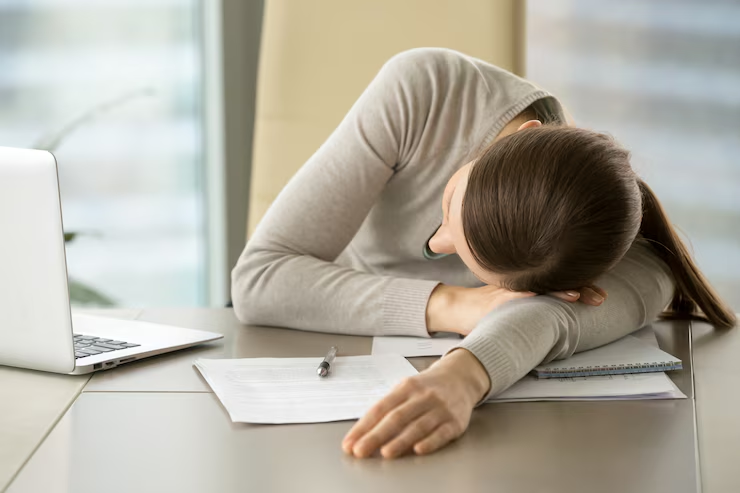
Narcolepsy
Narcolepsy is a neurological disorder causing excessive daytime sleepiness and sudden sleep attacks. It can interfere with daily activities and affect quality of life. We evaluate symptoms carefully and offer treatments that help manage sleepiness and improve alertness. Proper care can help patients maintain a safer and more active lifestyle.

Restless Leg Syndrome
Restless Leg Syndrome causes uncomfortable sensations in the legs and an urge to move them, especially at night. This can disrupt sleep and lead to tiredness during the day. We work to identify underlying causes and provide treatment options to reduce symptoms. Our goal is to improve sleep quality and overall comfort.
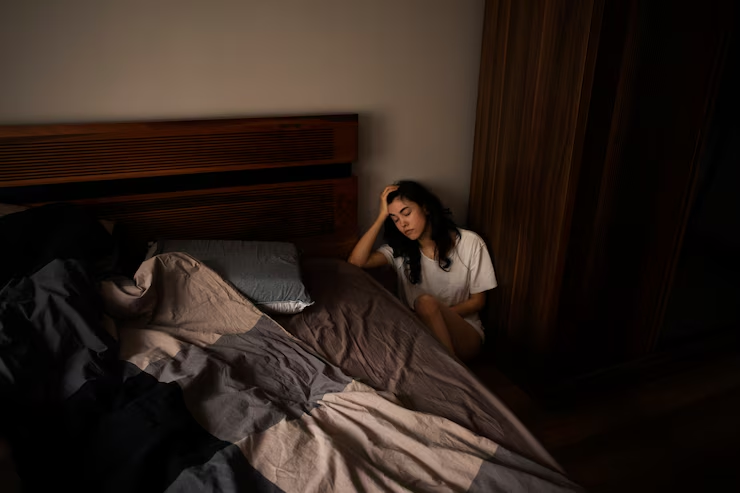
Nocturnal Bruxism
Nocturnal bruxism is the involuntary grinding or clenching of teeth during sleep. It can cause jaw pain, headaches, and damage to teeth over time. We diagnose the condition and suggest protective devices or behaviour changes to reduce grinding. Managing bruxism helps protect dental health and improve sleep comfort.
Have Questions? Contact Our Specialists
If you’re ready to learn more about our additional pain treatments or want to schedule an appointment, please reach out to us. Our team is here to answer your questions and help you find relief. Contact us today to take the next step toward better pain management.
Testimonial
Client Feedback on Sleep Recovery
Frequently Asked Questions
Narcolepsy is caused by problems in brain chemicals that control sleep and wake cycles. It leads to excessive daytime sleepiness and sudden sleep episodes. The exact cause is not fully known. Treatment focuses on managing symptoms.
Iron deficiency, pregnancy, kidney problems, or certain medications can trigger RLS. Sometimes the cause is unknown. Symptoms tend to worsen in the evening. Treatment depends on managing triggers and symptoms.
Yes, sleep disorders are often considered brain disorders because they involve disruptions in the brain's ability to regulate sleep and wake cycles. The brain controls when we fall asleep, how long we stay asleep, and the quality of that sleep. Problems in certain brain areas or chemical imbalances can cause sleep disorders.
Insomnia can have both neurological and psychiatric components. It may result from brain imbalances affecting sleep regulation or be linked to mental health conditions like anxiety and depression. Often, insomnia is caused by a combination of both factors. Proper diagnosis helps guide effective treatment, addressing all underlying causes.
Neurology & Pain Management Center offers expert care for complex neurological and pain conditions. Using advanced diagnostics and personalized treatments, the center focuses on improving patient outcomes. Comprehensive, patient-centred care ensures effective management of symptoms.
You can schedule an appointment by calling our office or using our online booking system. Our staff will collect the necessary information and help find a suitable time. Early appointment helps with timely diagnosis and treatment. Please bring relevant medical records.
Get in Touch With Us
We are here to assist you with any questions or to help schedule your appointment.
Phone Contact
Call our office for immediate assistance and to speak directly with our staff.
Email Support
Send us an email for non-urgent inquiries or detailed information requests.
Online Form
Use our website's contact form to request appointments or ask questions anytime easily.
Request an Appointment
To schedule an appointment, please contact our office directly by phone or through our website.


